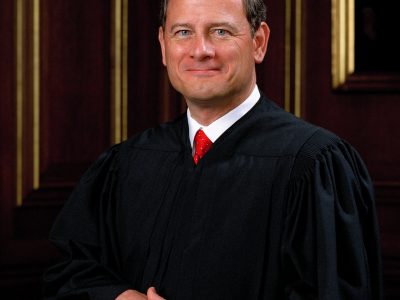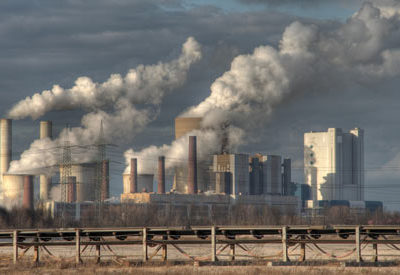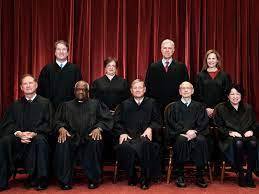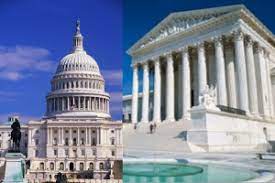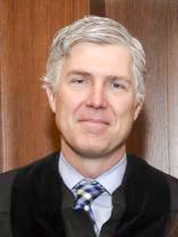major questions doctrine
Emerging Answers to Major Questions
We’re beginning to get a clearer understanding of the major questions doctrine.
In November, I wrote a post posing “some major questions about the major questions doctrine.” In West Virginia v. EPA, Chief Justice Roberts starts supplying some answers to those questions. In particular, he seems to be using a narrower four-factor approach to decide what constitutes a “major question.” As we all know, the West Virginia case …
Continue reading “Emerging Answers to Major Questions”
CONTINUE READINGThe Supreme Court Curbs Climate Action
The ruling in West Virginia v. EPA was about as good as we could expect given the makeup of the Court.
Today, the Supreme Court decided its most important environmental case since 2007. We didn’t dodge the bullet. It’s more than a flesh wound but it didn’t hit any vital organs . Chief Justice Roberts’s majority opinion leaves EPA other options to reduce carbon emissions from coal-fired power plants. It also gives a fairly narrow reading …
Continue reading “The Supreme Court Curbs Climate Action”
CONTINUE READINGDefending EPA’s Authority to Fight Climate Change – at the Supreme Court
Sean Hecht and Ted Lamm co-author amicus brief on behalf of Clean Air Act expert Tom Jorling
This week, Sean Hecht and I filed an amicus brief at the Supreme Court in West Virginia v. EPA in defense of EPA’s authority to effectively regulate greenhouse gas emissions under the Clean Air Act. Our client is Tom Jorling, a former Senate staffer and EPA official who was directly involved in drafting the Act …
Continue reading “Defending EPA’s Authority to Fight Climate Change – at the Supreme Court”
CONTINUE READINGMore on How the Vaccine Mandate Cases May Impact Climate Policy
How much is the Court likely to prune back EPA’s powers?
In a Friday post, I sketched some thoughts about how the Supreme Court’s vaccine mandate rulings might impact EPA’s power to control carbon emissions. I think it’s worth unpacking both the Court’s opinions a little more and the issues at stake in a pending climate change case, West Virginia v. EPA. The Court ruled in …
Continue reading “More on How the Vaccine Mandate Cases May Impact Climate Policy”
CONTINUE READINGA Bad Week for Biden, and for Climate Action
First House progressives, and next conservative Justices, poked a stick in the spokes.
President Biden hoped to go to the international climate summit in Glasgow with momentum behind him. He wanted to reestablish US credibility with concrete progress on climate change. Instead, the ability of the US to take action on climate change is shrouded in doubt. Biden suffered an embarrassing defeat at the hands of members of …
Continue reading “A Bad Week for Biden, and for Climate Action”
CONTINUE READINGClimate Policymaking in the Shadow of the Supreme Court
Amy Coney Barrett could shift how the Supreme Court approaches environmental regulations. Policymakers should prepare accordingly
By Ann Carlson, Amelia Keyes, Ben Harris and Dallas Burtraw (Cross-posted at Resources for The Future’s blog The confirmation of Amy Coney Barrett to fill the seat left by the late Justice Ruth Bader Ginsburg has catapulted the Supreme Court back onto the front pages of newspapers around the country. Though press attention has focused on …
Continue reading “Climate Policymaking in the Shadow of the Supreme Court”
CONTINUE READINGWhat Does Today’s Decision Holding that Employers Can’t Discriminate Against LGBTQ Employees Have to Do with Climate Change?
The case provides potent ammunition for using the Clean Air Act to regulate carbon pollution
Today’s blockbuster opinion in Bostock v. Clayton County, Georgia, holding that employers can’t fire LGBTQ workers under Title VII of the Civil Rights Act, may seem far afield from the regulation of greenhouse gases under the Clean Air Act. But its reasoning could have huge implications for climate change action. In saying that discrimination …
CONTINUE READING



